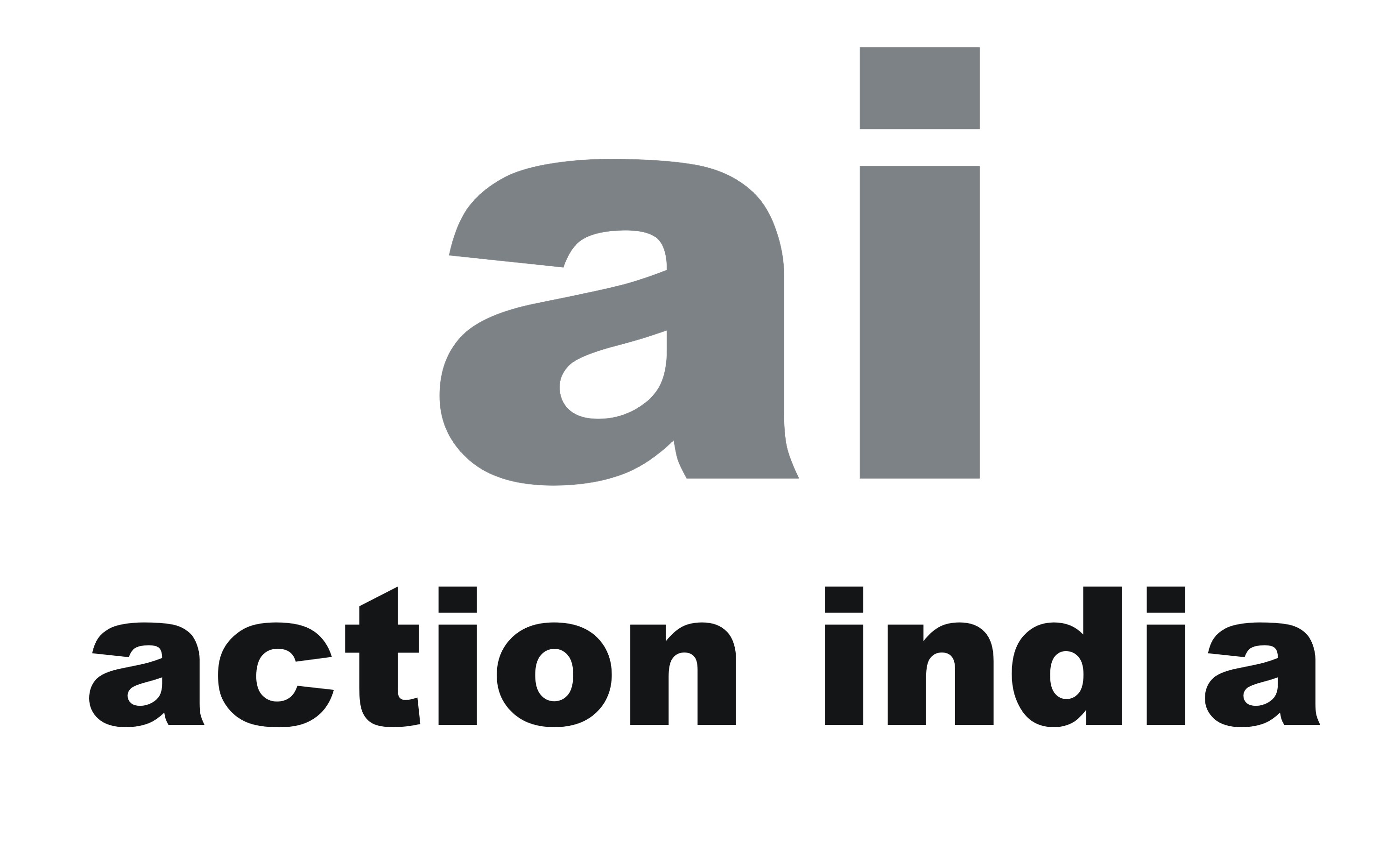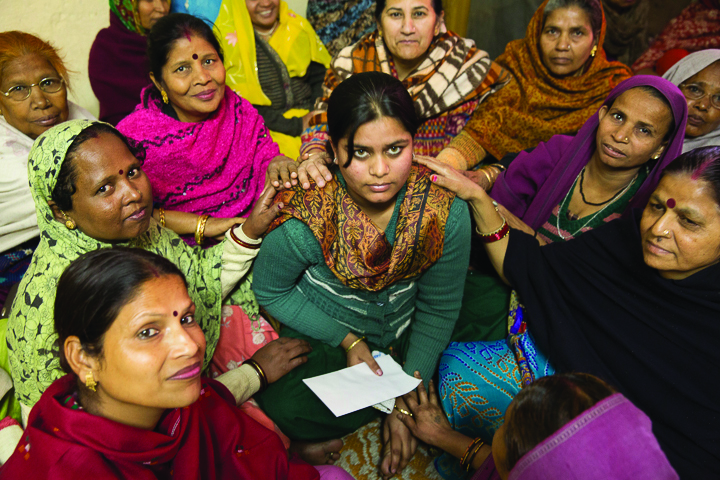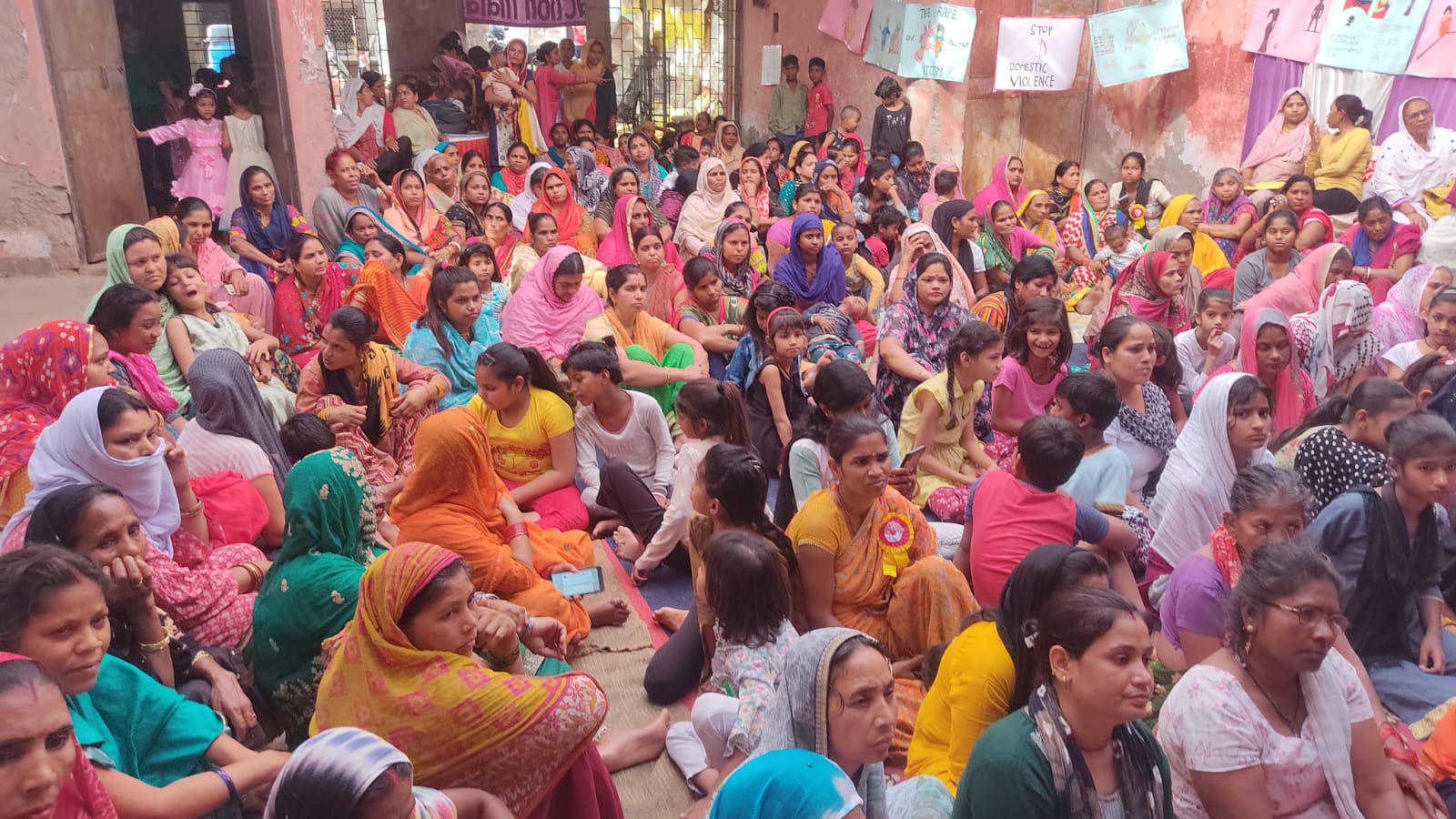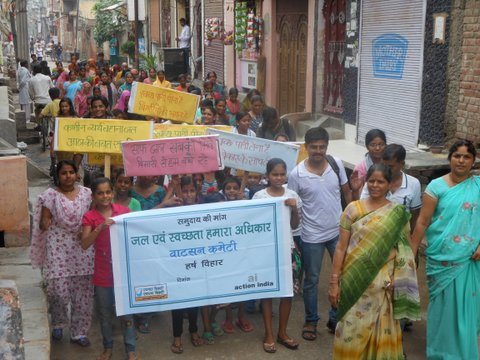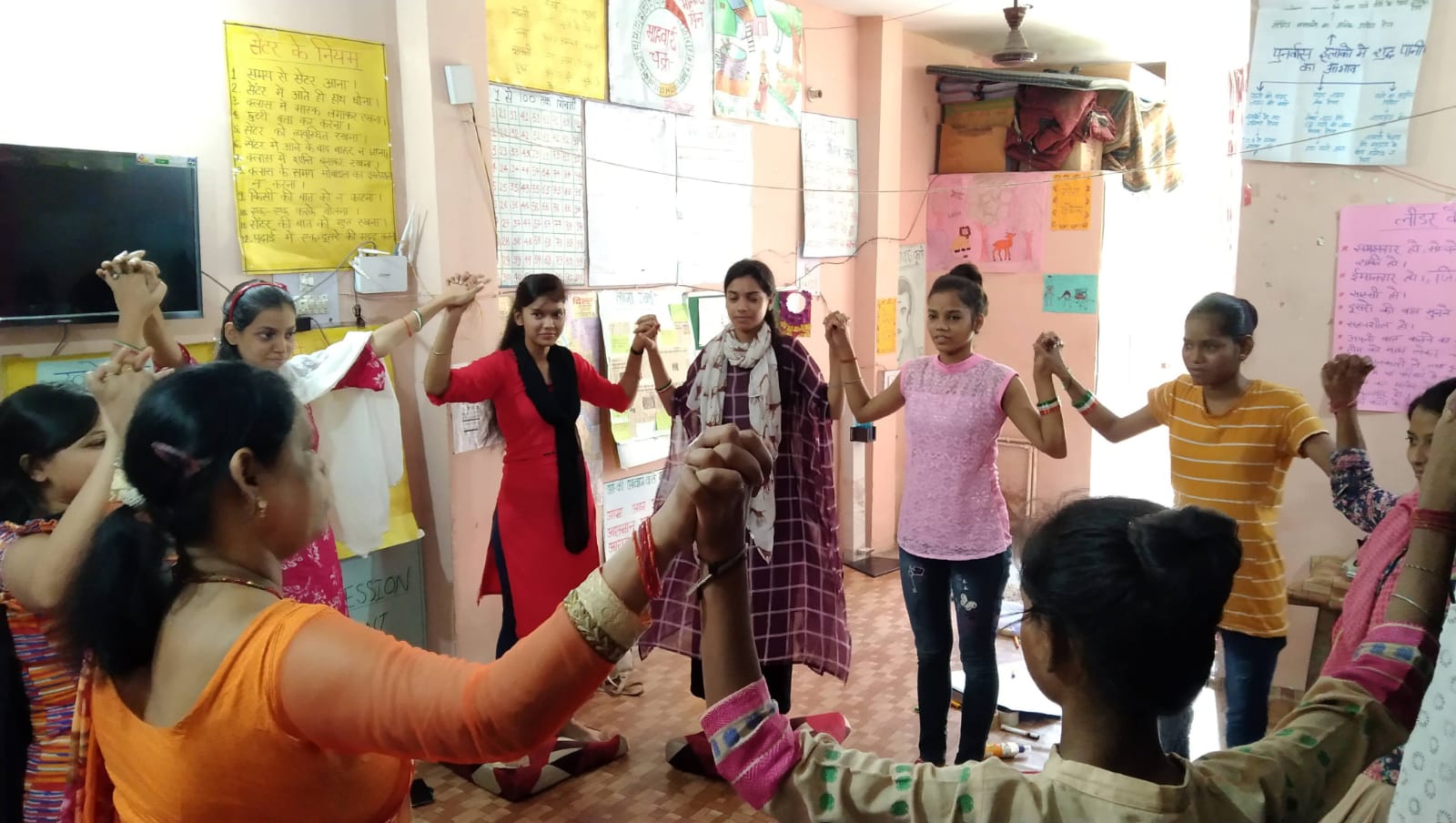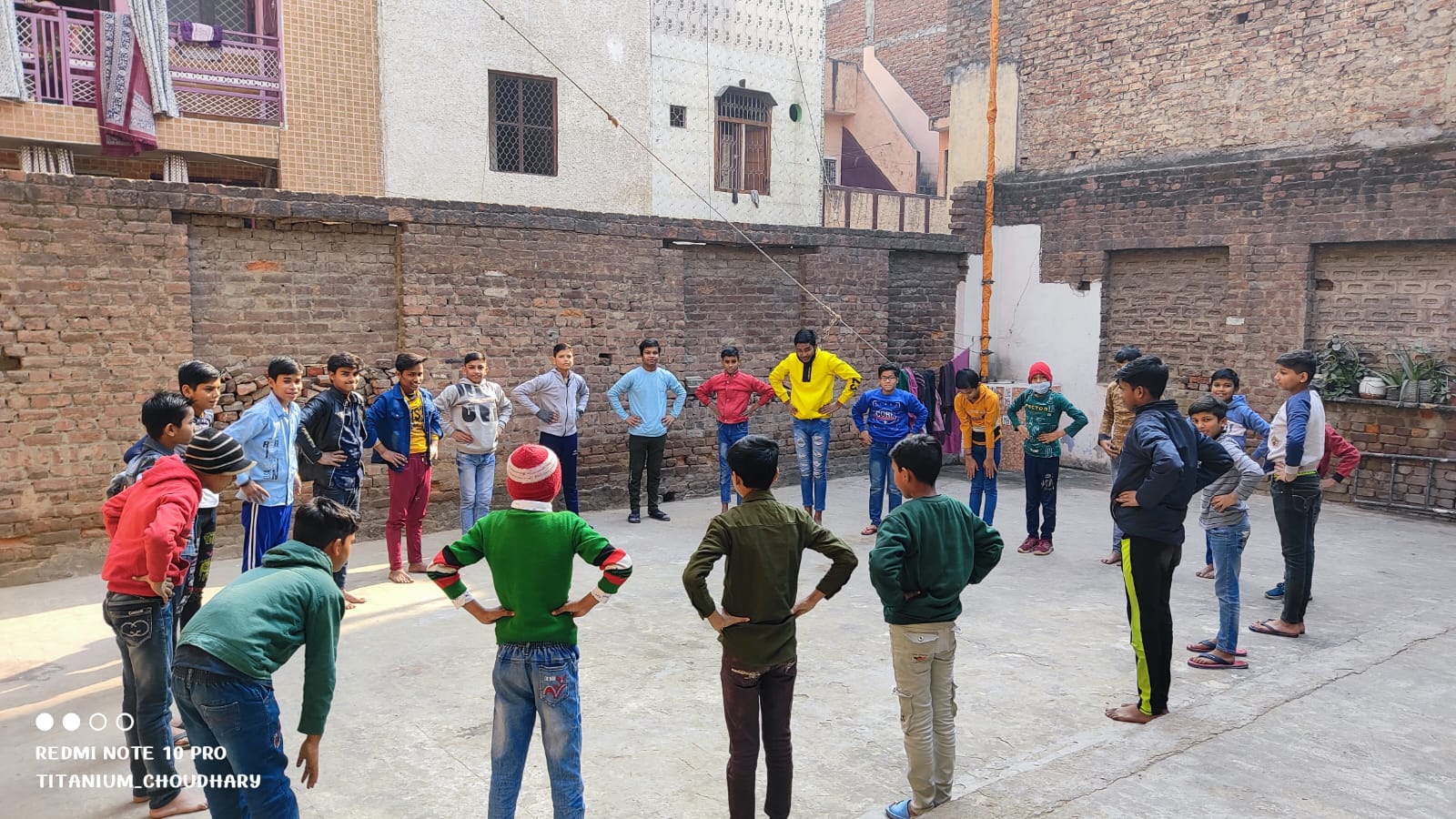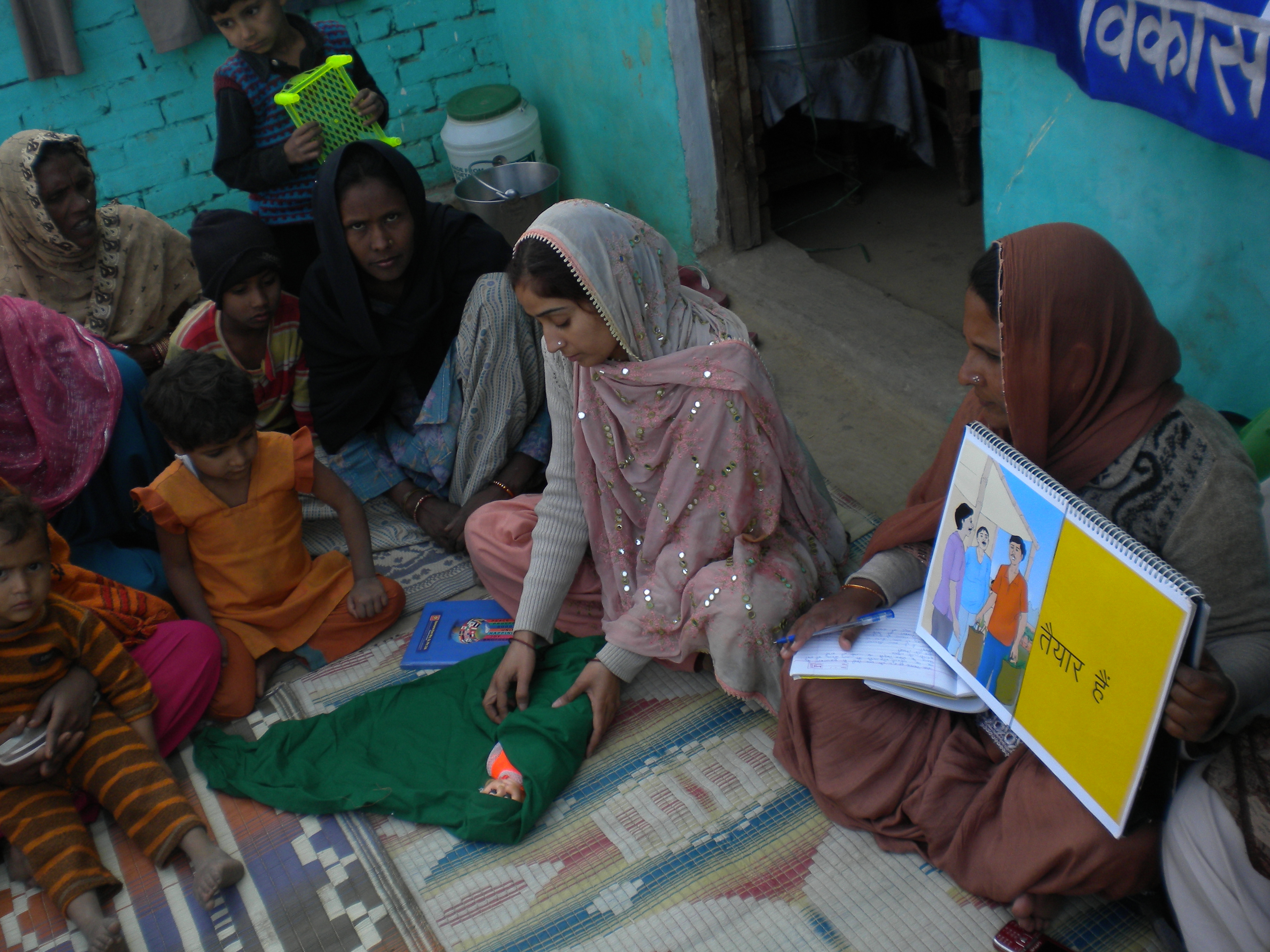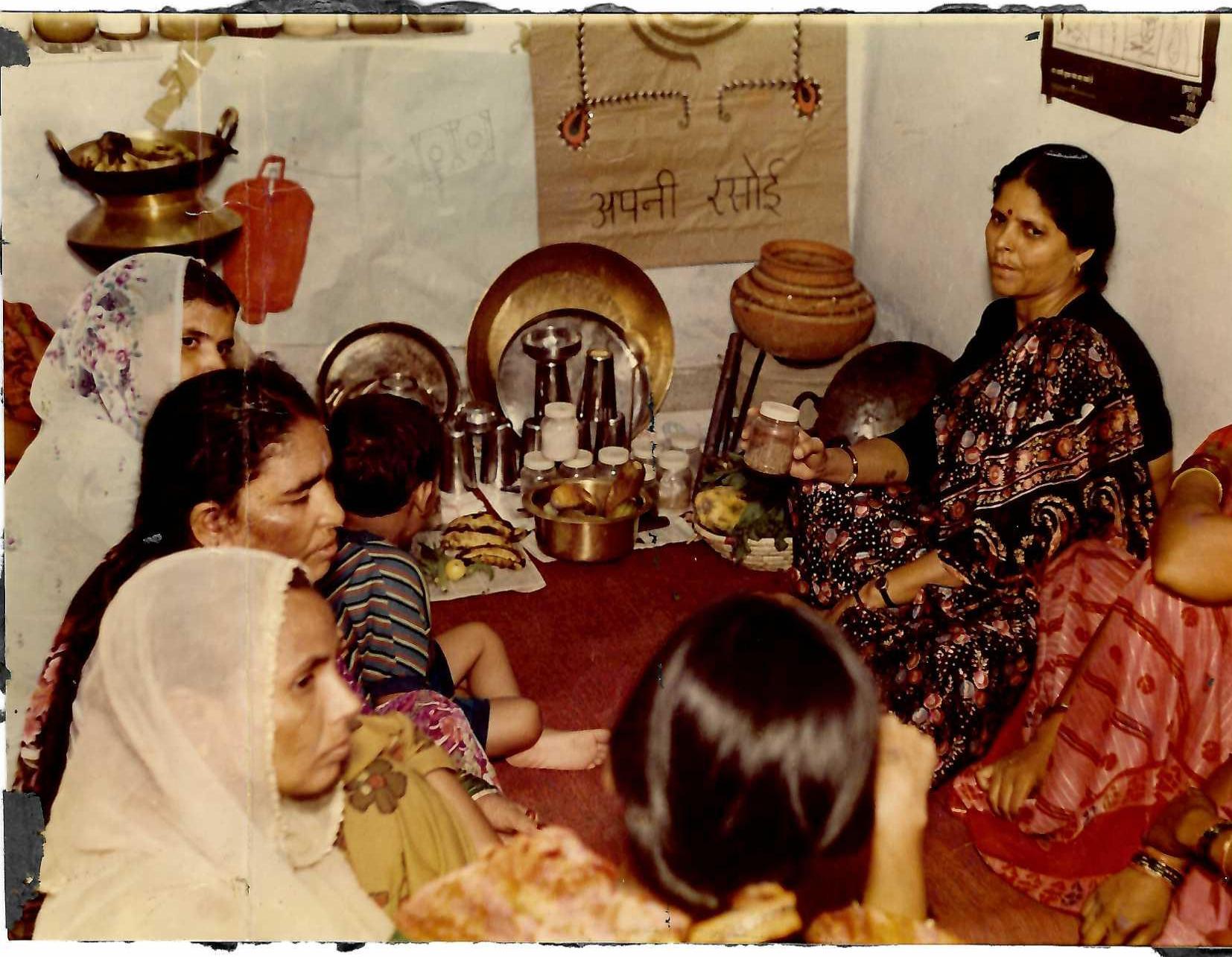Reproductive Health has been the foundation of Action India’s Women’s Program. In 1984, with the guidance of doctors, we trained twenty community-based women to develop a holistic and feminist approach to health. The program, in its widest context, works to change the status of women through gender consciousness, nutrition, and fertility awareness. Our community health workers (CHWs) continue their work in numerous communities surrounding Delhi. As they learn to put their knowledge to practice, they pass on their learning to other women—a process that works through a multiplier effect.
Self-Help Centre
The Self-Help Centre is our laboratory and the CHWs are the resource persons. A wide level of information relevant to the needs of poor women provide first hand research material. As a principle they learn by practice, applying new concepts on themselves before they develop strategies of changing attitudes of women in the community. They mobilize women and organize campaigns at the local level on issues of national and global concern.Indigenous herbal medicine
This initiative began with looking for plants, roots, stems, leaves, and flowers in Saharanpur's woodlands in order to learn more about their therapeutic benefits. From an ayurvedic doctor, the members learned how to prepare herbal medicines in the ayurvedic way, and for the first time, they were able to treat common illnesses in women, their children, and men. Additionally, they acquired the skill of feeling the pulse to identify systemic imbalances that lead to diseases.
